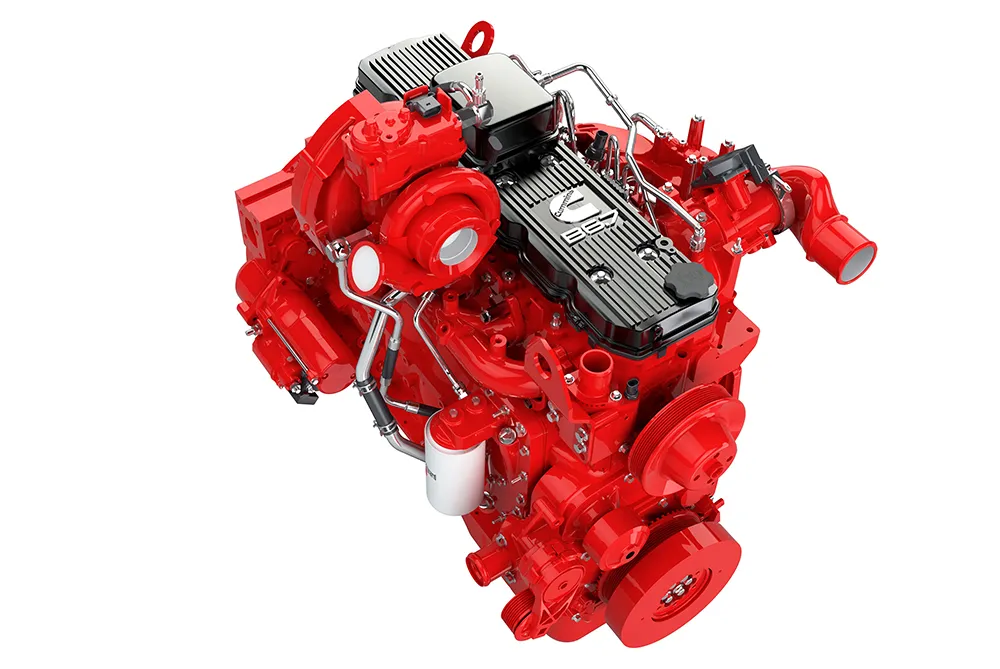The Finnish VTT research body believes that hydrogen offers considerable potential as a future fuel, according to its latest study. The Finnish hydrogen roadmap has been compiled by VTT Technical Research Centre of Finland and partly funded by the Finnish Funding Agency for Technology and Innovation (Tekes). According to VTT’s study, hydrogen fuelled vehicles will be as important as electric/battery types in minimising traffic pollution. The study says that transport applications for hydrogen are now close
May 7, 2013
Read time: 4 mins
The 3483 Finnish VTT research body believes that hydrogen offers considerable potential as a future fuel, according to its latest study. The Finnish hydrogen roadmap has been compiled by VTT Technical Research Centre of Finland and partly funded by the Finnish Funding Agency for Technology and Innovation (Tekes). According to VTT’s study, hydrogen fuelled vehicles will be as important as electric/battery types in minimising traffic pollution. The study says that transport applications for hydrogen are now close to commercialisation, with an investment boom expected for the hydrogen distribution network. A changeover to hydrogen based on natural gas would provide major savings and if hydrogen could be produced from domestic renewable raw material, car and bus traffic could become almost self-sufficient. This would reduce the country’s carbon footprint and provide considerable export opportunities. The report envisages the kind of energy-, climate- and industrial-political opportunities offered to Finland through widespread adoption of hydrogen as a fuel type. Hydrogen could also be competitive on price as a fuel for transportation applications. The automotive sector has been working on prototypes for some years and is planning to introduce the first commercially available hydrogen fuel cell vehicles to the market by 2015. VTT says that Finland's expertise in biofuel refinement and efficient biofuel industry are significant globally. Research shows that hydrogen can be produced from forestry biomass effectively using processes based on fluidised bed gasification and reforming. By-product hydrogen generated by the chemical industry and hydrogen production integrated with other production are already a practical alternative. Finland’s forestry sector has considerable waste matter at present that could be used for this purpose, technology that other countries such as Canada could also utilise. ”VTT's research indicates that gasification of timber harvest debris produces hydrogen with greater efficiency than it does diesel. For the time being, however, the cheapest hydrogen is obtained through reforming natural gas. This also reduces emissions, as greater mileage is obtained with hydrogen reformed from natural gas than with pure natural gas. Another advantage with hydrogen vehicles is that they don't produce oxides of nitrogen or any other particulate emissions, just water,” said project manager and principal scientist Jussi Solin of VTT.
Powering cars and buses with electric power does efficiency benefits compared to the internal combustion engine. But replacing the battery in an electric car with a 5kg hydrogen tank and a fuel cell allows a range of more than 500km of winter driving, when battery performance declines due to cold weather. Fuel cell vehicles also allow refuelling in just 5 minutes, on a par with conventional internal combustion vehicles and considerably less than even fast charging systems for electric vehicles. VTT’s report recommends that Finland prepare for the commercial availability of fuel cell vehicles by investing in prototypes for trial purposes. These trials could then be linked to the development, as well as testing and marketing of hydrogen refuelling stations. The use of hydrogen as a fuel does require special technology and expertise in materials and Finland is already prepared for the construction of hydrogen refuelling stations through gas company Woikoski. The firm has already set up a hydrogen refuelling station at Vuosaari in Helsinki. ”We are now investing at record levels and are fully focused on hydrogen. Last winter we supplied hydrogen for Arctic trials in Lapland, and in Hanover at the beginning of the week published the refuelling station concept now undergoing trials at Voikoski,” said managing rirector Kalevi Korjala. He said he hopes the Finnish pilot will support export drives and the efforts of technology growth enterprises to develop the demanding components and control systems.
The use of hydrogen in energy and transport will help cut emissions of carbon dioxide as well as carbon monoxide, particulates and other pollutants. This will also help reduce reliance on imported fuels and replace this with domestic renewable energy, and in maintenance support performance, regional employment and development. Using hydrogen produced by electrolysis to store electricity will allow growth of the share of renewable energy and its connection to the electricity network. An electrolysis plant managed according to electricity price fluctuations can be made profitable, according to VTT’s findings.
Powering cars and buses with electric power does efficiency benefits compared to the internal combustion engine. But replacing the battery in an electric car with a 5kg hydrogen tank and a fuel cell allows a range of more than 500km of winter driving, when battery performance declines due to cold weather. Fuel cell vehicles also allow refuelling in just 5 minutes, on a par with conventional internal combustion vehicles and considerably less than even fast charging systems for electric vehicles. VTT’s report recommends that Finland prepare for the commercial availability of fuel cell vehicles by investing in prototypes for trial purposes. These trials could then be linked to the development, as well as testing and marketing of hydrogen refuelling stations. The use of hydrogen as a fuel does require special technology and expertise in materials and Finland is already prepared for the construction of hydrogen refuelling stations through gas company Woikoski. The firm has already set up a hydrogen refuelling station at Vuosaari in Helsinki. ”We are now investing at record levels and are fully focused on hydrogen. Last winter we supplied hydrogen for Arctic trials in Lapland, and in Hanover at the beginning of the week published the refuelling station concept now undergoing trials at Voikoski,” said managing rirector Kalevi Korjala. He said he hopes the Finnish pilot will support export drives and the efforts of technology growth enterprises to develop the demanding components and control systems.
The use of hydrogen in energy and transport will help cut emissions of carbon dioxide as well as carbon monoxide, particulates and other pollutants. This will also help reduce reliance on imported fuels and replace this with domestic renewable energy, and in maintenance support performance, regional employment and development. Using hydrogen produced by electrolysis to store electricity will allow growth of the share of renewable energy and its connection to the electricity network. An electrolysis plant managed according to electricity price fluctuations can be made profitable, according to VTT’s findings.









